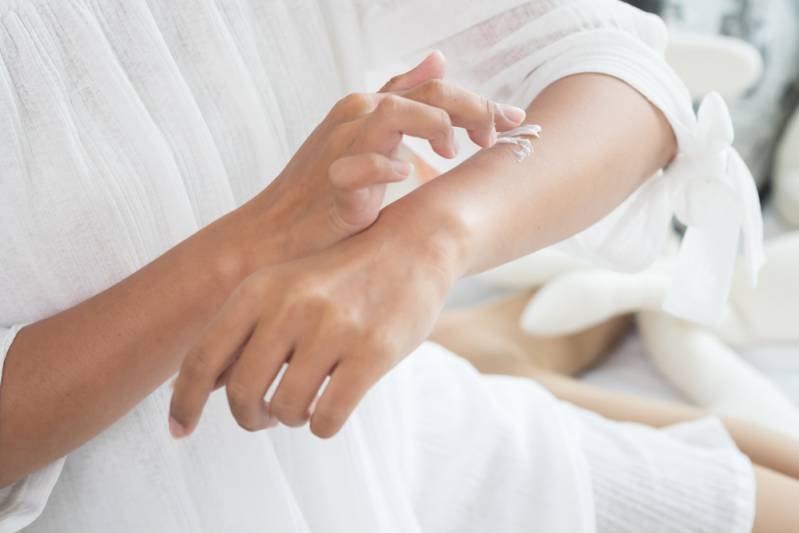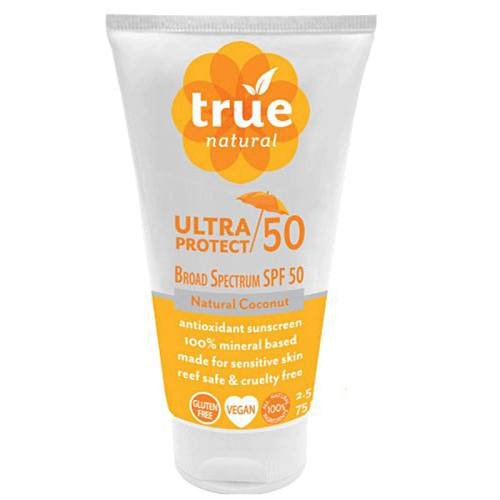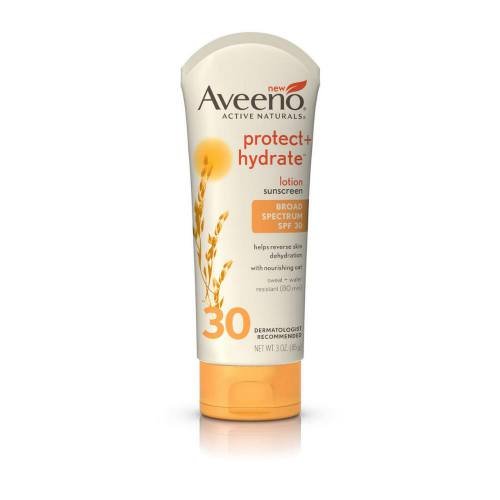
There is no denying that sunscreen application is an integral skincare routine for achieving that healthy, age-defying skin. However, for people with sensitive skin, sifting through the marketing tricks and getting the right sunscreen is like looking for a needle in a haystack! With so many brands in the market, it is difficult to discern what works and what doesn’t.

The good news is that with the advancement of skincare technology, we have a proliferation of brands in the market that offer sunblocks uniquely designed to meet the needs of different skin types. There are sunscreens for oily, dry, and sensitive skins.
On the downside, you need to be careful as some brands may be labeled “for sensitive skin” yet contain the same ingredients that clog the pores leading to allergies, inflammation, or irritation.
If you have delicate skin, then you require a sunblock that is fragrance-free and does not contain parabens, chemicals or preservatives. Some people have opted to use sunscreens intended for babies.
However, some brands for babies may contain the same harmful ingredients found in adult-sunscreens. Sometimes the word “baby” may be a marketing gimmick to get you to purchase the product.
Some of the best sunscreens include the following:
The chemical filters used in this brand, such as PABA (para-aminobenzoic acid), which protects the skin from UVB can cause a reaction. In response to this, the Neutrogena uses ingredients extracted from nature to offer a broad spectrum UVA-UVB protection.

The product contains two key ingredients in sunscreens; titanium dioxide (4.9%) and zinc oxide (4.7%). Moreover, all the remaining ingredients contained in the product are FDA approved. What makes it preferable is that it utilizes physical barriers of the sun (the zinc oxide and titanium oxide) which are known to be gentle compared to chemical filters. And lest I forget, the product is fragrance-free, water-resistant, and hypoallergenic.
This 100% mineral-based, unscented, non-greasy sunscreen is designed for a sensitive skin. Similar to Neutrogena, it contains zinc oxide and titanium dioxide which are great minerals for protecting you from UVA and UVB. On the downside, the product is too viscous and can leave your skin white/pasty. However, there are some who have benefitted from this product yet they have delicate skins. So you can give it a try.

Bioderma is the best brand to try out if you have hypersensitive skin. This brand is designed for people who are allergic to chemical filters.
Modern companies are creating sunblocks with both physical barriers and chemical filters. Here, the chemical filters act like a shield that absorbs UVA and UVB radiation and convert them to infrared heat. On the other hand, zinc oxide and titanium oxide minerals reflect the rays away from your skin.

A key strength of Bioderma Is that it is free of chemical filters. Chemical filters are likely to cause irritations. Moreover, the product contains photoderm minerals as well as vitamin E which not only protect the skin but also prevent aging.
It is fragrance-free, paraben-free, certified UVA-compliant, and free from chemical filters. It offers a broad spectrum of skin protection while at the same time nourishing it. The product contains Pre-Tocopheryl (a form of vitamin E), that protects the skin from external triggers. Moreover, it is water-resistant and long-lasting. Dermatologists recommend Avene High protection cream for post-procedure face, intolerant, and skin that is allergic to chemicals.

La Roche Posay sunscreen is a product highly recommended by dermatologists. It is fragrance-free, non-comedogenic, paraben-free, and allergy-tested. The product is a powerful combination of physical sun filters and antioxidants that all work together to nourish and protect your skin. What I love about this product is that it has been tested on sensitive skin. It also has a broad spectrum and blends so well on the skin (it is non-sticky).

A lightweight sunscreen that offers UVA and UVB protection. Has no parabens and happens to be oil-free, making it ideal for people with dry skin. One unique feature of this product is that it is safe to use around the eyes. If you it is dry, it is advisable to apply a moisturizer before it as it may leave dry patches on your face.

Aveeno is well known for its nature-based brands. This product contains both zinc oxide and titanium dioxide, along with oat extract. Oats are anti-inflammatory and help soothe the skin while at the same time minimizing irritation. The product is oil-free, hypoallergenic, fragrance-free, and can be used by eczema patients.

If you suffer from eczema and rosacea, then this product is highly recommended for you. The product is more of a sunblock and happens to be fragrance-free, contains few chemicals, and is non-comedogenic. Antioxidants in the product help to nourish the skin. Also, it contains zinc oxide (5%), and titanium dioxide (5%), which makes it ideal for providing broad coverage against UV rays. This sunscreen can be used on children above the age of 6 months. On the downside, the product tends to be extremely greasy.

Look for a sunscreen that is fragrance-free, no parabens, chemical filters, or harmful preservatives. Also, avoid those containing alcohol, salicylates, ecamsule, and Oxybenzone or Benzophenone-3 as they are likely to cause irritations.
It is advisable to go for sunscreens that have a broad spectrum (SPF of 30 and higher). Such contain the key UVA blocking ingredients-zinc oxide and titanium dioxide.
If you have acne prone skin, then go for gel-based sunscreens as they are likely to cause a drying effect, thereby limiting the risk of aggravating the condition. Avoid greasy (creamy) types unless you are on topical acne medication.
If you have dry sensitive skin, then you can look for a sunscreen that also moisturizes, for example, the Elta Facial Moisturizer and Block SPF 30/32.
Lastly, be sure to carry out a patch test before trying the product on your face.
With these simple rules and hints, I’m sure you’ll be fine.